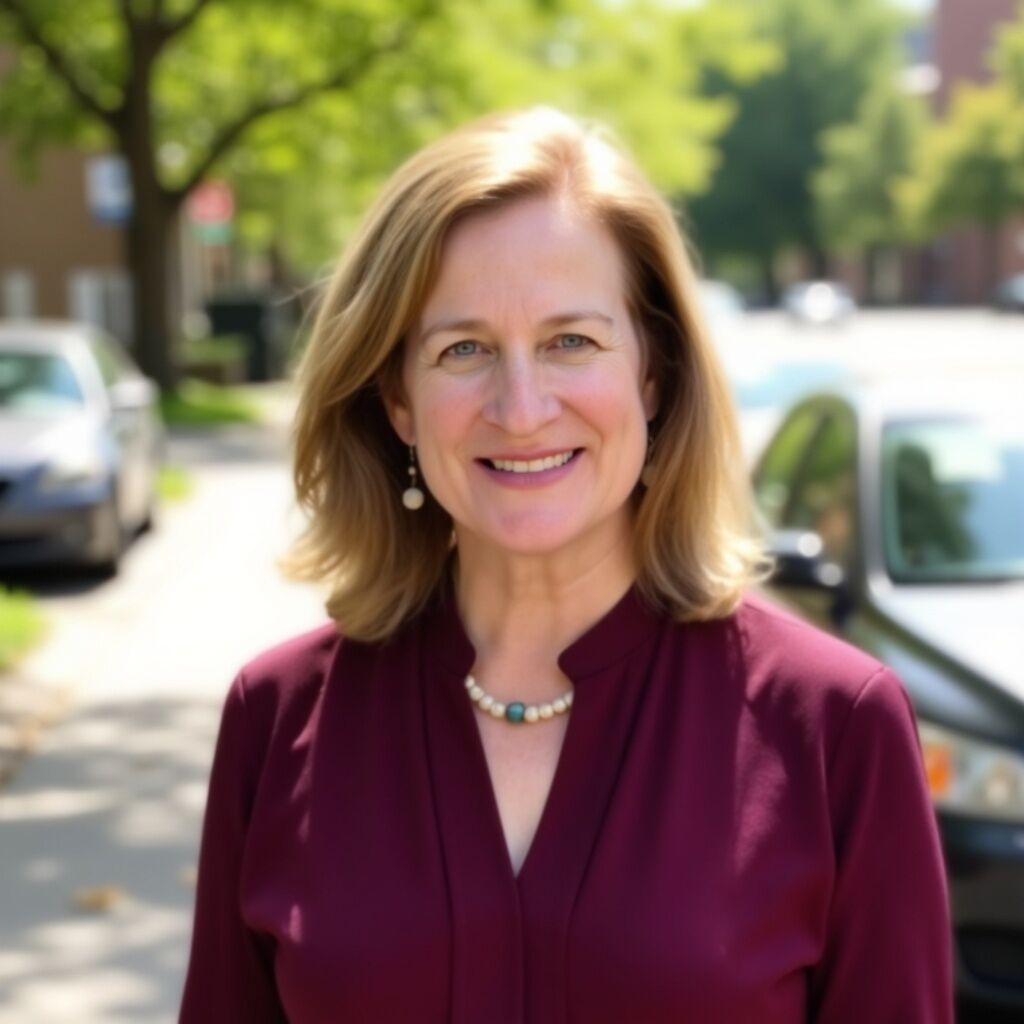HUDSON | Denver’s education reformers lost touch — then lost the election


Pendulum theorists would like you to believe that democracies naturally oscillate between episodes of progressive enthusiasm and conservative retrenchment. This analysis requires a presumption that political preferences are sufficiently malleable for significant numbers of voters to abandon longstanding value systems following philosophical conversions that spread through the populace much like a contagion. Really? Do you know such individuals? Are they members of your family? Do they work in your office? In my experience, partisan allegiance rarely shifts significantly much past the age of 30.
Perhaps there’s a better explanation – one that accounts for both shifting legislative majorities and the demise of once popular grassroots movements and policy campaigns. In a few more paragraphs I will link this alternative theory to the defeat of the Democrats for Educational Reform (DFER) in Denver’s recent school board contests. Just bear with me.
Most candidates and causes have a “sell by” date.; unlike your groceries, there is no requirement these limits be posted. You have to guess whether candidates and causes remain nutritious. Unaffiliated or independent voters seem better at making these assessments than partisans. Political office is nearly unique as a profession where prior experience is regarded as largely irrelevant. At an entry level, this is probably a good thing. How much damage can a single city council member, county commissioner or school board member actually do?
As evidenced by successful contestants on “America Has Talent,” only the most skilled usually advance to higher office. Selecting political outsiders for executive positions often proves a crap shoot. For incumbents, their useful career life is generally limited to a few decades. There are exceptions, of course. Malaysia just returned a former president to office at the age of 95 once his successors were discovered to be systematically looting the country’s sovereign wealth fund.
As technology accelerates, however, the hazards of a gerontocracy become painfully apparent. The interrogation of Mark Zuckerberg surfaced an appalling level of ignorance on the part of congressional members. Political reform movements also run the risk of losing contact with current realities. After Michael Bennet was appointed as superintendent of the Denver Public Schools 15 years ago, a coalition of his contemporaries understood he would need a school board that supported the dramatic changes he was proposing. These allies were mostly young professionals whose children were enrolled in the existing system. They were active in their PTAs and had established network relationships with fellow parents – crucially with black and brown families well aware that DPS was failing their kids.
DFER turned the system upside down, opening charter programs and closing failing schools. They maintained an iron grip on the school board through the Boasberg era. Academic results at DPS improved, if not dramatically, and parents enjoyed curriculum choices that were not previously available. But DFER and its leadership did not change, failing to recognize they had wrung about all the improvement they could achieve with restructuring. Along the way, they missed an opportunity to recruit the Denver Classroom Teachers Association into their coalition. Albeit, teachers had proven recalcitrant early on, while they kept insisting it was unfair to judge their members on results. (Tell that to John Elway.)
By 2018 many of the reform movement’s founders had graduated their own children from DPS, yet they remained in control of the organization and its finances. While they identified attractive, youthful candidates, these recruits did not have the organic connection with their generation of parents that former DFER candidates enjoyed. A suspicion was growing that further academic improvement would require the participation of teachers, and a longing for schools of excellence in every neighborhood proved a catchphrase that resonated with parents – particularly those who were economically pressed. It may be wonderful to have an award-winning science academy, but if access involves transportation half way across town, not so much.
The so-called teachers slate of board candidates wasn’t calling for a return to the bad old days of poor performance. They were demanding the resources to do a better job in schools most teachers find they like. If there is any backsliding, however, DFER will return to the ballot box. Its lifecycle will begin again.
So, who swung Denver’s pendulum? It was unaffiliated parents willing to take a chance on a candidate young enough, at 21, to actually know what it’s like to sit in an Information Age classroom. (Tip of the day: You should draft Tay Anderson for your fantasy politics team.) Pete Buttigieg is surging to a lead in Iowa’s Democratic primary race. I doubt it’s because he’s gay, or smart or running in the middle of the political road. Unlike the question mark raised by his septuagenarian opponents, Mayor Pete seems capable of finishing two terms in Washington. He can probably explain what a cloud server is as well.
Miller Hudson is a public affairs consultant and a former legislator. He can be reached at mnhwriter@msn.com.














